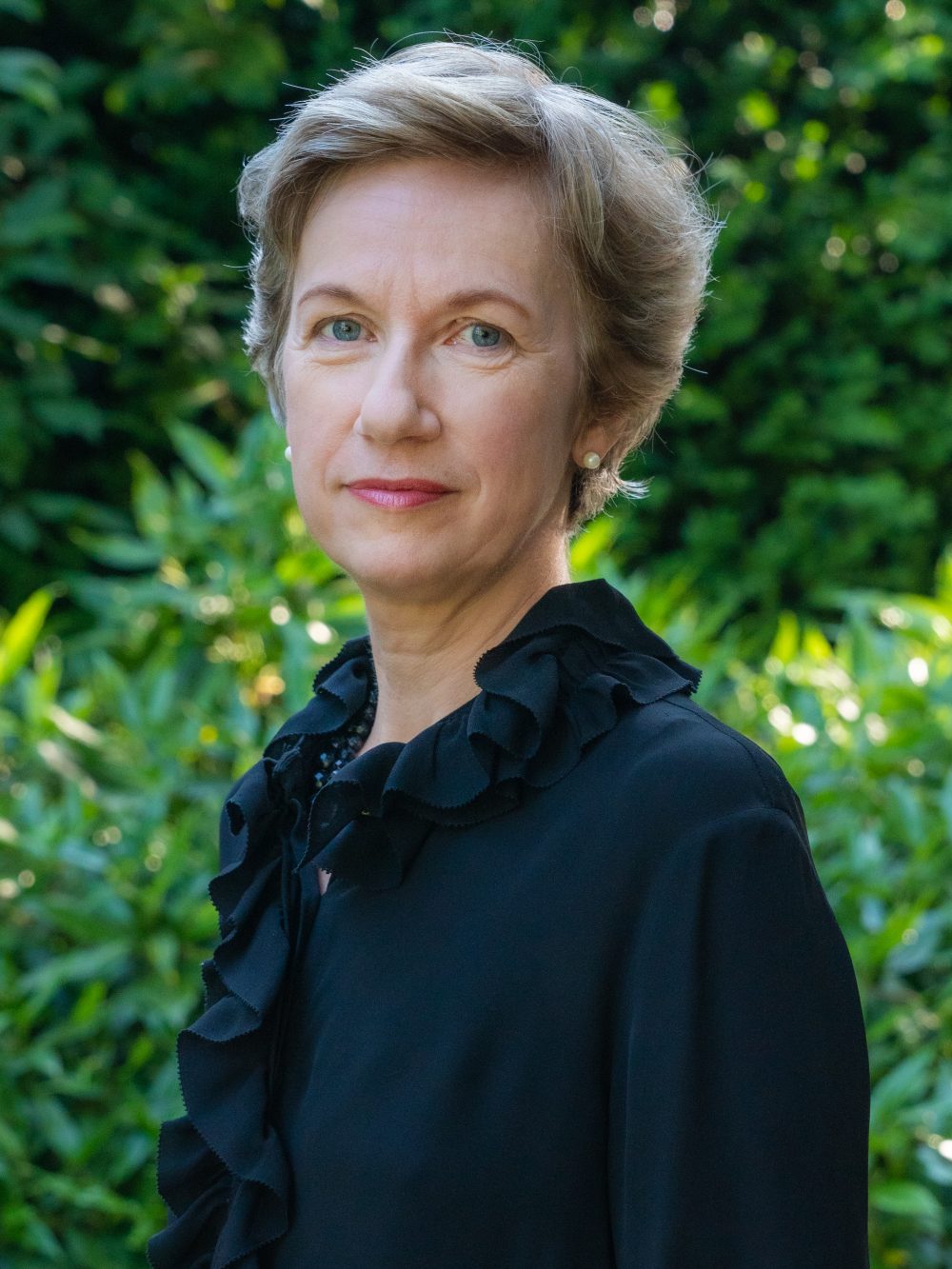Merje Kuus
Research Area
Education
Syracuse University, 1999, PhD
Western Washington University, MSc
University of Tartu, BA
About
My research examines the making of expert knowledge in national and transnational regulatory institutions. I focus on diplomatic and geopolitical practices in Europe and the Arctic, but my broader interest lies in knowledge and power in bureaucratic settings. Blending political geography with international relations and sociology, I am also interested in how identity and belonging work in policy-making organisations.
Further information on my research, teaching, and graduate student supervision is available on my research website.
Teaching
Research
The list below highlights the key themes in my current research. Bibliographic information on publications, including links to the webpages of the books, is listed under the tab ‘Publications’ and on my personal website.
Geopolitics and diplomacy in the Arctic
Much of my work examines the geographical assumptions and definitions that underpin international politics in general and diplomatic negotiation in particular. Empirically, my current work focuses on transnational diplomatic practices in the Arctic. My effort is to advance our understanding of the emerging inter-national and trans-national regulatory regimes in the region.
Policy and the politics of expertise
Policy-making shapes not just societal outcomes but, more importantly, the long-term processes that produce these outcomes. To study policy is to investigate diffuse processes that transgress the convenient distinctions between state and non-state actors. Empirically, this strand in my research focuses on the European Union as a key center of transnational regulatory power in today’s world.
Geographical imaginary in wine
This new blend of work explores the geographical imaginaries and travels of ideas that shape the making and marketing of wine. I examine how wine professionals imagine and narrate British Columbia as a distinct place in the world of wine. This may seem distant from my main research on diplomacy, but it connects to my core interest in understanding how political actors—whether diplomats or wine entrepreneurs—perceive places and their own connections to these places.
I hold the Wine & Spirit Education Trust (WSET) Level 3 Award in Wine.
Publications
The department-managed list below is updated once a year and it may not be up-to-date: please see my research website for the newest papers and for some of the earlier work not included here.
2025
Kuus, M. 2025.‘Aesthetics and perception in geographical writing: The case of wine’ (Cultural Geographies in Practice commentary). cultural geographies (online early) open access .https://journals.sagepub.com/doi/10.1177/14744740251326890
2024
Kuus, M. 2024. ‘Social interaction in Arctic science diplomacy’. Arctic Circle Journal. https://www.arcticcircle.org/journal/social-interaction-in-arctic-science-diplomacy
Kuus, M. 2024. What makes a wine region worth visiting: place and beauty in Okanagan Valley, British Columbia. Canadian Geographies / . doi: http://doi.org/10.1111/cag.12926
2023
Kuus, M. 2023. The in-person of fieldwork: on effectiveness, efficiency, and ethics. Political Geography 107 103000. doi: https://doi.org/10.1016/j.polgeo.2023.103000.
Kuus, M. 2023. The social lives of Arctic expertise, or how to do transnational networks. In Arctic Yearbook 2023: Arctic Indigenous Peoples: Climate, Science, Knowledge and Governance, edited by L. Heininen, H. Exner-Pirot and J. Barnes. Akureyri, Iceland: Arctic Portal. Available from https://arcticyearbook.com/.
Kuus, M. 2023. Interstitial expertise and international governance: Cultivating diplomatic practitioners in Europe. Geografiska Annaler: Series B, Human Geography, 1-15. doi: https://DOI: 10.1080/04353684.2023.2211078
Kuus, M. 2023. Between an archipelago and an ice floe: the know–where of Arctic governance expertise. Polar Record 59. doi: https://www.doi.org/10.1017/S0032247422000316
Kuus, M. 2023. Bureaucratic sociability, or the missing eighty percent of effectiveness: the case of diplomacy. Geopolitics 28 (1): 174–195.
2021
Kuus, M. 2021. Professions and their expertise: charting the spaces of ‘elite’ occupations. Progress in Human Geography. 45(6): 1339-1355. doi: https://doi.org/10.1177/0309132520950466. Third of three progress reports on political geography.
Constantinou, C. M. Dittmer, J. Kuus, M. McConnell, F. and S. M. Opondo. 2021. Thinking with Diplomacy: Within and Beyond Practice Theory. International Political Sociology 15 (4): 559-587. doi: https://doi.org/10.1093/ips/olab028
2020
Kuus, M. 2020. Regulatory power and region-making in the Arctic: China and the European Union (Euro commentary). European Urban and Regional Studies 27 (4): 321-324. doi: https://doi.org/10.1177/0969776420925539.
Kuus, M. 2020. Europe’s future depends on perspective not policy. New Perspectives 28 (3): 270–274. doi: https://doi.org/10.1177/2336825X20934970
Kuus, M. 2020. Toward the geopolitics of geoeconomic ideas. In Reading Geopolitics of the Knowledge-Based Economy. Political Geography 80. doi: https://doi.org/10.1016/j.polgeo.2020.102216.
Kuus, M. 2020. Political Geography III: Bounding the International. Progress in Human Geography 44 (6): 1185-1193. doi: https://doi.org/10.1177/0309132519869457
Kuus, M. 2020. Powerful and Elite Subjects. In Research Ethics for Human Geography: A Handbook for Students edited by J. Darling and H. Wilson, 202-210. Sage Publications.
Kuus, M. 2020. Political Geography II: Institutions. Progress in Human Geography 44(1) 119–128. doi: https://doi.org/10.1177/0309132518796026. Second of three progress reports on political geography.
2019
Kuus, M. 2019. The terroir of bureaucratic practice: Everyday life and scholarly method in the study of policy. Environment and Planning C: Politics and Space 37 (4): 617-633. doi: https://doi.org/10.1177/0263774×18802954
Kuus, M. 2019. Political Geography I: Agency. Progress in Human Geography 43 (1): 163-171. doi: https://doi.org/10.1177/0309132517734337. First of three progress reports on political geography.
Kuus, M. 2019. State Power, Spatial Inequality, and Geographical Expertise: Notes on Method. In Regional and Local Development in Times of Polarisation: Rethinking Spatial Policies in Europe, edited by T. Lang and F. Görmar, 79-94. Singapore: Palgrave Macmillan.
Graduate Supervision
I work with students whose interests focus on policy processes, the politics of expertise, security, and political identity. See my research website for further information.
